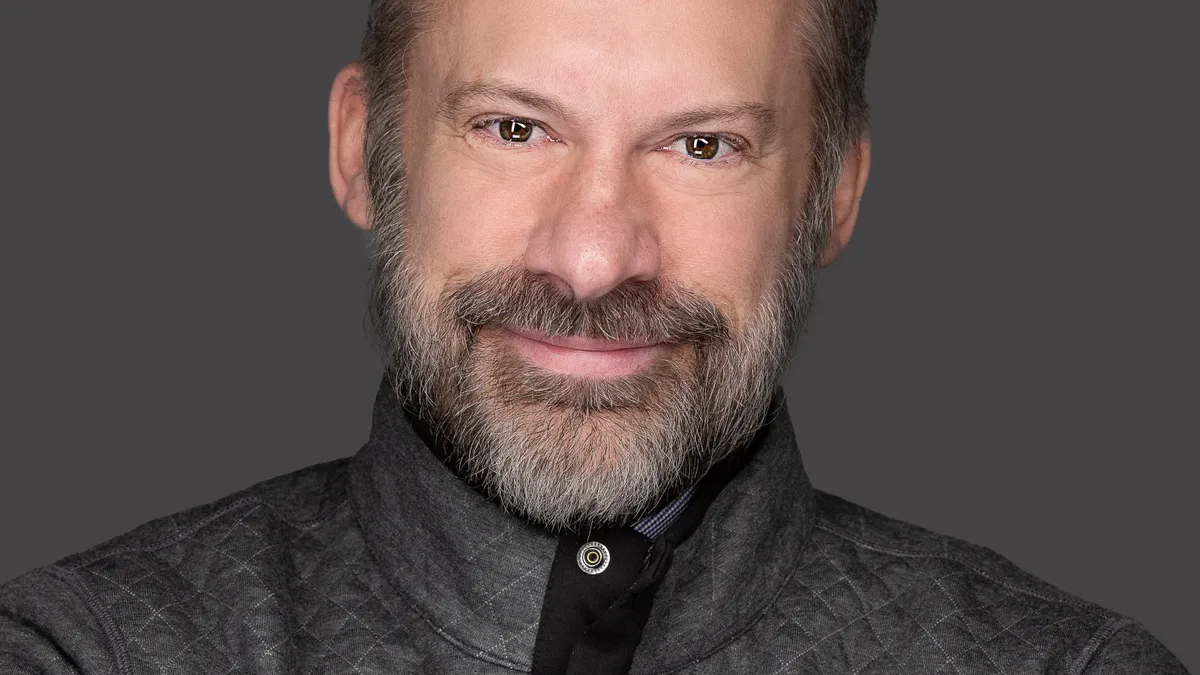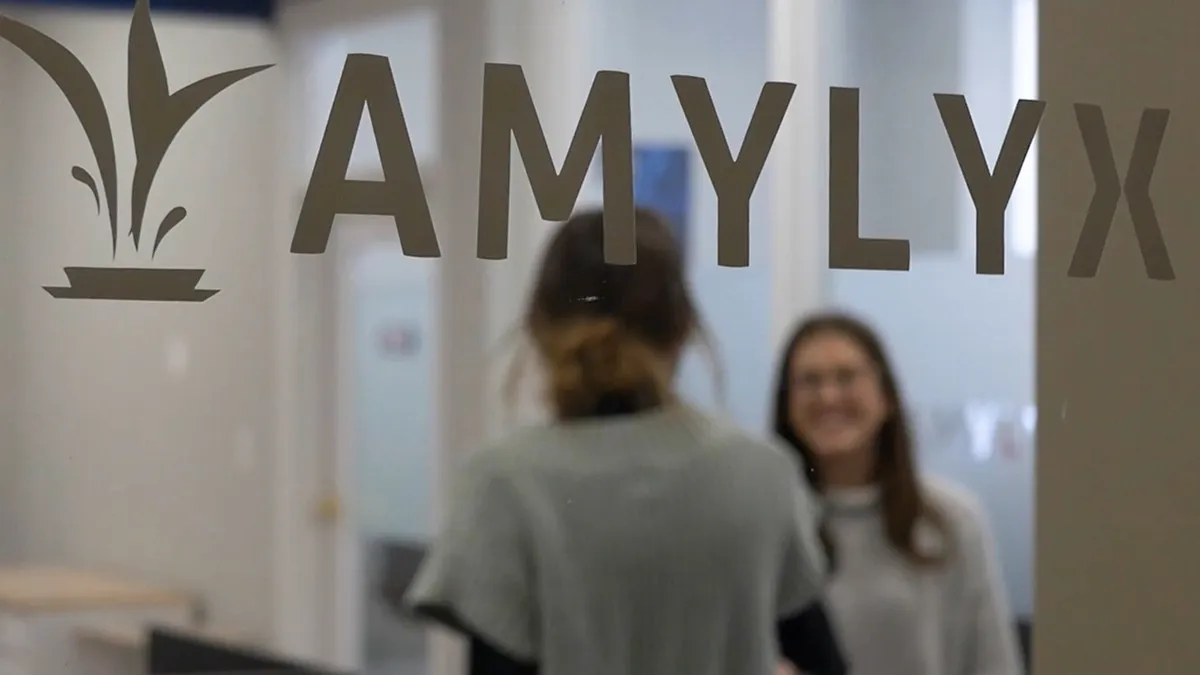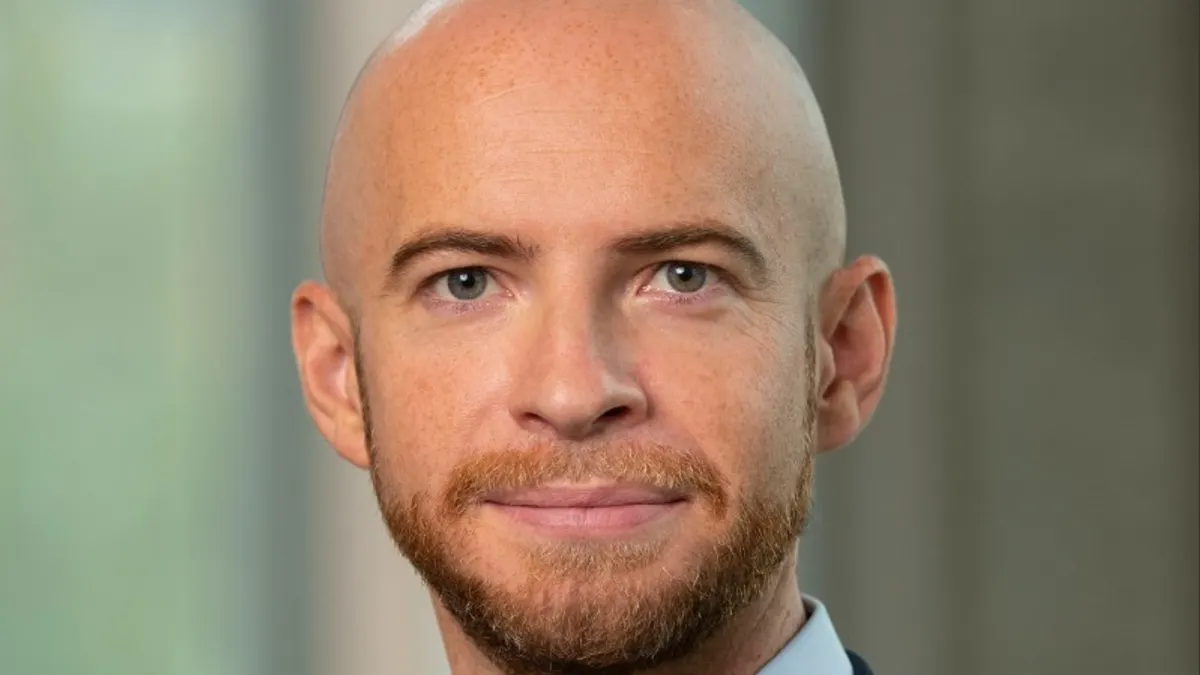Despite a continuing biotech slump in the wake of the pandemic's brief investment craze, an influx of venture capital (VC) into funds committed to the space shows there's still a decent chunk of cash to be doled out for promising businesses.

One of the newer VC players is Cure Ventures, co-founded in 2021 by the veteran biotech trio of Lou Tartaglia, Richard Lim and David Fallace, closed its first funding of $350 million earlier this month. The VC firm has already made six seed investments that it plans to announce in the coming months — now, it’s working to get those companies ready to move out of stealth mode.
In an interview with PharmaVoice, Tartaglia called Cure Ventures "a very deep company-building firm." And to make that a reality, the three managing partners have hired a team of "not so much finance jockeys, but people with deep operating experience that know what it is to build a successful biotech company from the ground floor."
With a background as a biochemist, Tartaglia didn't find himself in the VC world until his early 40s — he rose to hold executive leadership positions at biopharmas like Millennium Pharmaceuticals and Gene Logic before jumping the fence to help start biotech VC pioneer Third Rock Ventures, where he was a partner for several years. Tartaglia’s now bringing that well-rounded biotech perspective to the new venture fund, and believes the sweet spot lies in building companies that can succeed in the admittedly difficult biotech arena.
Here, Tartaglia discusses the importance of having "worked on the other side" when coming into the VC space, why Cure Ventures is a little different from other funds and how biotech leaders can stand out among the crowded field to secure funding.
This interview has been edited for brevity and style.
PHARMAVOICE: What are the qualities and experience that make a successful biotech VC?
LOU TARTAGLIA: One of the most important things to note is that operating experience as an executive in biotech is highly valued now in VC, especially within the subset of company building. They really want people who've actually operated outside of venture and know what it's like to be on the other side and have lots of operating experience both in putting drugs through preclinical and clinical stages, as well as managing large teams, because all those skills become extremely important in company building. An executive who's interested in venture should not worry that they don't have venture experience — if they've done great things in their operating roles in biotech companies, I think they can expect a warm reception.
How do past successes in biotech and VC play into your strategy at Cure Ventures?
Third Rock Ventures, I can fairly say, pioneered the true company-building model where they would go deep, and folks like myself and managing partners would go into the companies they formed half the time into C-suite roles. So not just a light touch in company building, but formally as executives. And we've taken a lot of learnings from that.
Between the three managing partners, we've worked at five different venture firms, and between all the positives and negatives that we've seen, we've come up with a model that is secure.
What are some of those pitfalls you're looking to avoid?
What happens in venture firms, often they can become dominated by a single, big personality and become almost a bit of a monarchy instead of a true partnership, which is one of the things we'd like to avoid.
And the other is that when you're in a room, you want to be all equals within that partner meeting, no matter what level you're at, because everyone needs to put their best thinking forward. Sometimes, when a managing partner states their opinion on a deal, you begin to see the others fall in line with that thinking because they know the hand that feeds them and dictates promotions and so forth. So there's a little bit of a lemming phenomenon. We've really done our best to avoid that, letting everyone know that they need to push back when they think folks more senior are making a mistake in judgment and they're seeing things a different way. Believe me, our team has no problem telling me when they think I'm wrong about something.
Being a venture firm in the biotech industry, what sets that apart from other areas?
A biotech venture is extraordinarily difficult. It just is. You can't just be a genius, like in the tech industry — you have to have a lot of scars on your back. Drug discovery is that way because there's a lot of serendipity and failure, and you've got to understand how to work through those. Experience is critical because high failure rates are the norm. And what makes it so difficult is figuring out how to reduce failure because the biggest cost is the cost of failure. Anything we can do to reduce that cost of failure is critical both in the returns we can provide to our partners, but also in reducing drug costs.
And that's why we've invested so much in the human genetics platform, because I think the data is very clear now that when you have company concepts or even individual projects that have human genetic validation, the probability of success is much higher. We're trying to use a little knowledge disparity to tilt the odds in our favor.
How do you find the right companies and projects in which to invest?
In general, we're fairly disease agnostic, but we're more niche than other firms — we're strictly pharmaceuticals, and we don't do devices, tools and diagnostics unless there's something really special there. And again, the human genetics validation is a requirement to make sure the things a company is seeing in animal models lines up with what we're seeing in natural human genetic variation. And when you get in early, there's a pain point in setting up the company and getting the science to work, and if we can't do that, we shut it down quickly.
"Believe me, our team has no problem telling me when they think I'm wrong about something."

Lou Tartaglia
Co-founder and managing partner, Cure Ventures
As you might imagine, a lot of it is walking the halls of academia, calling serial entrepreneurs, keeping our ears to the ground, interfacing with tech transfer offices and various universities and asking about the crown jewels they're seeing. We put a lot of effort into that — we're less about reading business plans that are sent to us than going up into academia and talking to people who've made breakthroughs. I'll email my 15 favorite scientists and say, ‘What's new in your lab?’
What do you recommend for biotech leaders navigating the industry's financial slump?
This is a time to focus on your top projects. Keep your burn down and raise money when you can, but most importantly, ride this out. What you'll see is that the good companies will be able to ride this out and the ones with strong programs that can still raise money in this environment and good CEOs that know how to manage the costs of programs and prioritize and cut programs appropriately.
Although we are in a slump, now we have money to invest, and we're finding that we're able to get deals at fair prices because there's not such a frenzy. And we just have to hope that — not in the next year, but in the next few years — the markets get back when it's time for us to exit. Right now, we're buyers focusing on getting new companies priced.



















